Net Operating Income (NOI) Calculator: Determine Your NOI
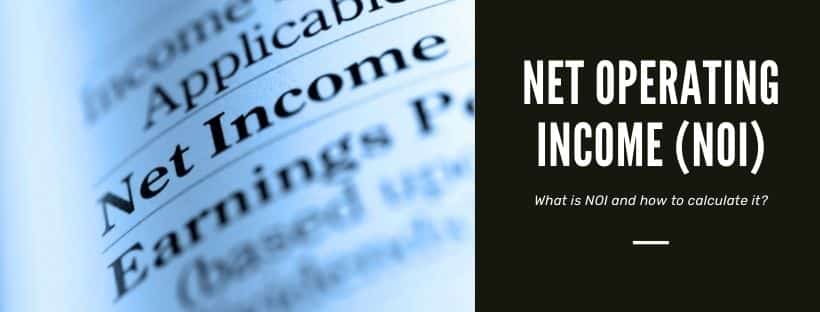
Real estate investors need information. The more information they have, the better the decisions they can make. There are a lot of tools to provide this information, but one of the most important is net operating income (NOI). Understanding what this calculation is and how to use it can help investors make decisions quickly regarding any property an investor is considering.
What Is Net Operating … Read More
Debt Service Coverage Ratio Calculator: Determine Your DSCR
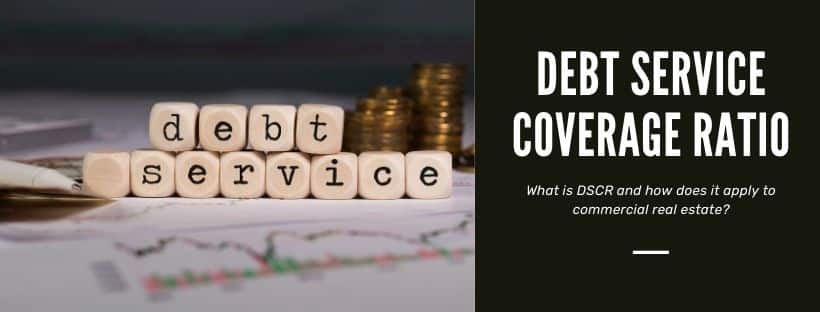
The debt service coverage ratio (DSCR) offers a key but often misunderstood tool for all commercial real estate financing parties. For instance, investors may use this formula to adjust offers, track performance, calculate profit margins, and determine when they should obtain financing or seek to refinance. In contrast, lenders employ the figure during underwriting to decide if the property earns enough income to justify the risk.
Find … Read More
Cap Rate Calculator: Calculate Property Cap Rates
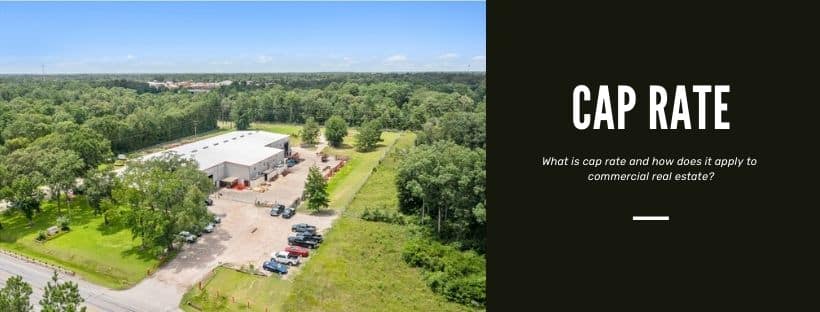
Cap Rate for Commercial Real Estate
Capitalization rates calculate the expected annual return on investment that commercial real estate properties will generate. Cap rates can show investors how much they might expect to receive from a particular property, and thereby provide a metric for evaluating the property.
Cap rates are often looked at by lenders when financing commercial property, this is one metric that … Read More
Debt Yield Calculator: Here’s How to Calculate Your Yield
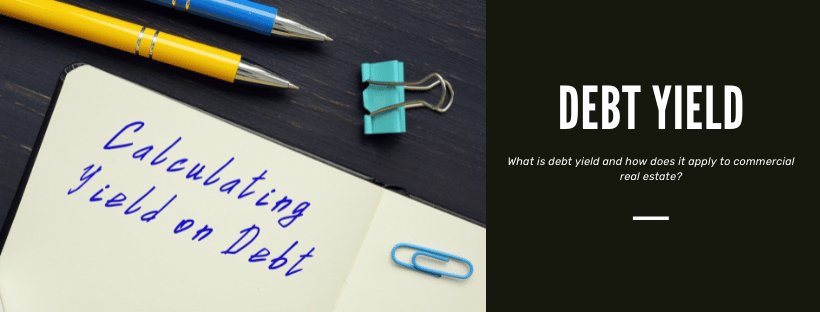
Debt yield hasn’t traditionally been a primary commercial real estate loan underwriting metric, but more lenders are incorporating it into their criteria. In the current real estate market, measuring debt yield ratios provides lenders with a stable assessment regardless of unusual or changing conditions.
What is Debt Yield?
Debt yield is a standardized way to measure net operating income (NOI) against total loan … Read More
Federal Reserve’s Reaction to Inflation, Unemployment, and Effect on Interest Rates
Major highlights from last week’s Federal Reserve call include 1) Inflation is currently at 5%, which is above the Fed’s traditional 2% target; 2) The Federal Reserve is looking to pull back some of the quantitative easing it has deployed since the start of COVID; and 3) Before any plans to increase interest rates, the Federal Reserve will be looking to taper off government … Read More
Top Tax Benefits When Investing in Commercial Real Estate
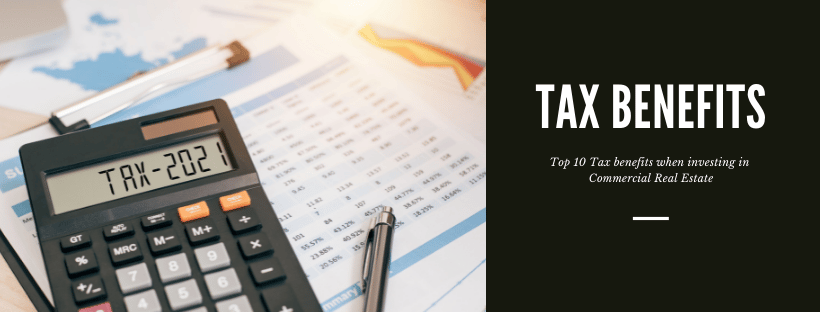
Commercial real estate (CRE) is an attractive investment for investors for many reasons, but the tax benefits are a significant draw. Over the course of the life of an investment, these tangible benefits can lead to a substantial difference in returns.
Understanding the tax benefits associated with CRE is a tall order, but if you’re considering an investment, here are eight top commercial real estate … Read More
How Much Are Commercial Property Closing Costs?
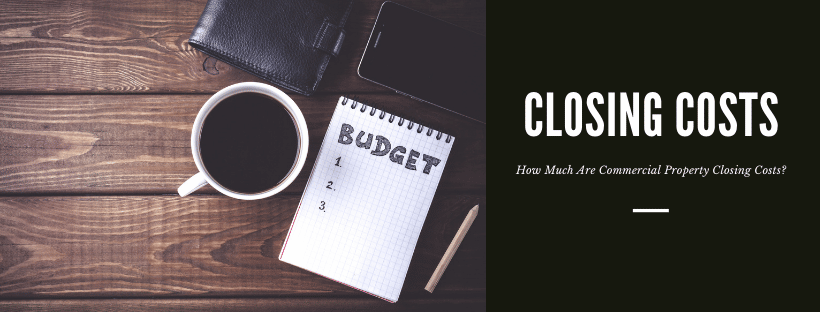
The closing costs on a commercial investment property are can become substantial, often reaching tens of thousands. If you’re purchasing an investment property, here’s a breakdown of the various commercial property closing costs you can expect.
Flat-Fee Commercial Property Closing Costs
The simplest commercial real estate closing costs are flat-fee expenses that remain relatively standard across all investment properties. These include title insurance, appraisals, environmental … Read More
How To Build a Personal Financial Statement For Commercial Loans
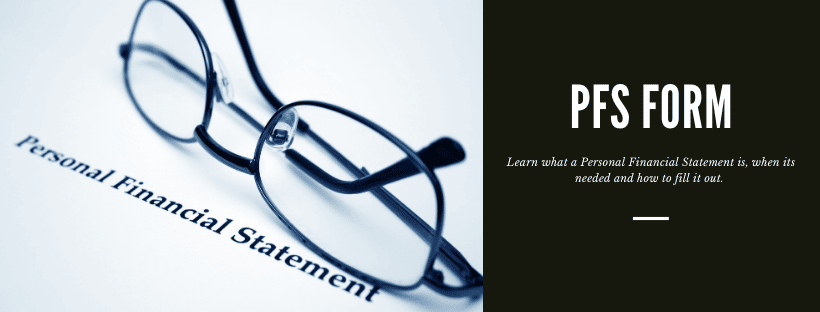
A personal financial statement is often among the required documentation when applying for a business loan. Even though business loans are distinct from personal loans, lenders might want to see the borrower’s personal financial situation for a variety of reasons.
If you’re applying for a business loan soon, here’s an explanation of what this document is and how to go about making a personal financial … Read More
How To Build a Schedule Of Real Estate Owned (SREO) Form
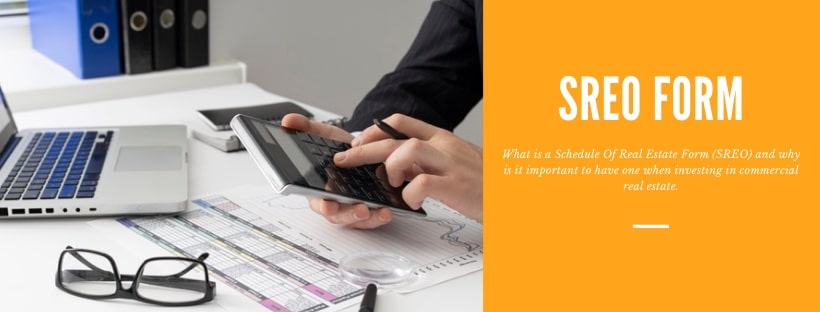
One of the first steps in applying for a commercial mortgage loan is creating a Schedule Of Real Estate Form. Learn all about it and access a free excel template.
Types of Prepayment Penalties in Commercial Real Estate Financing
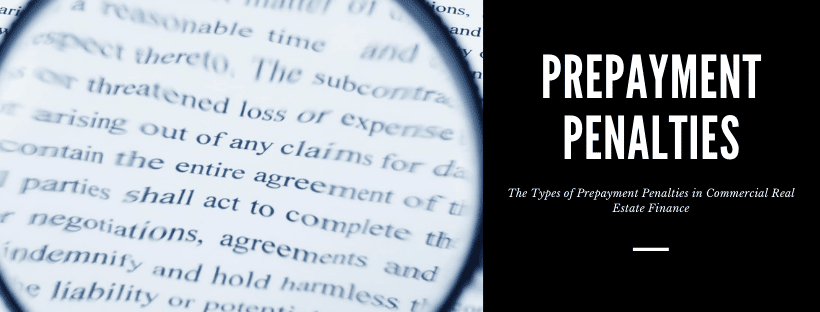
Step-Down, Fixed Fee, Yield Maintenance, or Defeasance. The most common form of prepayment penalties. This guide will teach you the difference.
